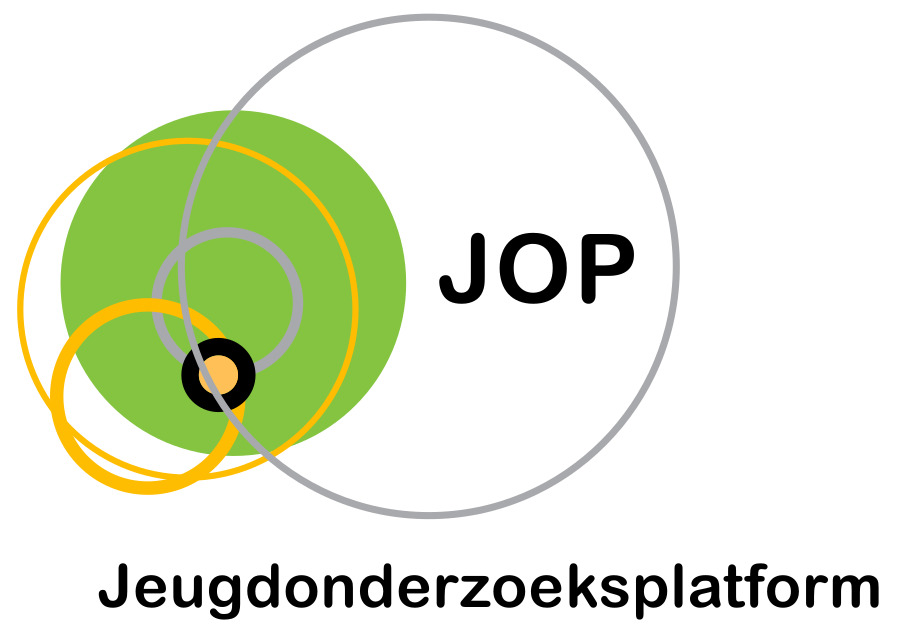Sharenting, is it a good or a bad thing? Understanding how adolescents think and feel about sharenting on social network sites.
Auteurs
Verswijvel, K., Walgrave, M., Hardies, K. & Heriman, W. (2019).

Abstract
It is common nowadays for parents to share information about their children on social network sites (SNSs). However, little is known on how adolescents think and feel about this sharenting behavior. Therefore, this study explores adolescents’ perception of the reasons why parents share information about their adolescent children on SNSs, and adolescents’ attitudes toward sharenting. A survey study was conducted among 817 adolescents. Factor analyses pointed toward four perceived sharenting motives: parental advice motives, social motives, impression management motives, and informative-archiving motives. Adolescents believed that parents mainly shared information about their children due to informative-archiving motives. They believed that parental advice motives were less common. Preliminary analyses pointed out that adolescents largely disapproved of sharenting. They mainly considered it as embarrassing and useless. Regression analysis indicated that when adolescents perceived sharenting as an impression management issue, the more negative their attitudes were toward sharenting. Conversely, the more adolescents thought that parents shared information about their children due to informative-archiving motives, the less they disapproved of sharenting. Additionally, when adolescents themselves disclosed more personal information or when they were more often confronted with sharenting, they had more positive attitudes toward sharenting. Adolescents who were more concerned about their online privacy, were more likely to disapprove of sharenting. Tegenwoordig is het vanzelfsprekend dat ouders informatie over hun kinderen delen op sociale netwerksites. Er is echter niet veel geweten over hoe adolescenten denken over sharenting. Om die reden gaat deze studie na wat de perceptie van adolescenten is met betrekking tot de redenen waarom ouders deze informatie over hun kinderen delen op sociale netwerksites en hoe adolescenten hier tegenover staan. Er werd een survey-onderzoek gedaan bij 817 adolescenten. Via een factoranalyse werden vier motieven voor sharenting bekomen: ouderlijk advies, sociale motieven, impression management en het verzamelen van informatie. Adolescenten gaven aan dat ouders voornamelijk informatie over hun kinderen delen met het oog op het verzamelen van informatie. Daarnaast geloofden zij dat ouderlijk advies minder voorkomend is als reden om informatie over hun kind te delen op sociale netwerksites. Verder bleek uit de analyse dat adolescenten voornamelijk afkeurend staan tegenover sharenting. Zij ervaren dit namelijk vaak als gênant en onzinvol. De regressieanalyse toonde aan dat wanneer adolescenten sharenting zagen als een impression management, zij hier negatiever tegenover staan. Hoe meer de adolescenten daarentegen dachten dat ouders informatie deelden omwille van het verzamelen van informatie, hoe minder zij dit afkeurden. Daarnaast hebben adolescenten minder problemen met sharenting wanneer zij zelf veel persoonlijke informatie delen en wanneer zij meer geconfronteerd worden met sharenting. Adolescenten die meer bezorgd zijn over hun privacy online, waren eerder afkeurend ten aanzien van sharenting.
Referentie
Verswijvel, K., Walgrave, M., Hardies, K. & Heriman, W. (2019). Sharenting, is it a good or a bad thing? Understanding how adolescents think and feel about sharenting on social network sites. Children and Youth Services Review, 104, p. 104401.
Taal
Engels
Publicatievorm
Tijdschriftartikel
ISBN – DOI
10.1016/j.childyouth.2019.104401
Trefwoord(en)
Motieven; sociale netwerksites; adolescenten; attitude; sharenting
